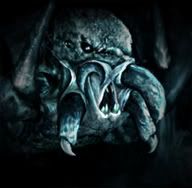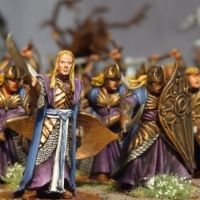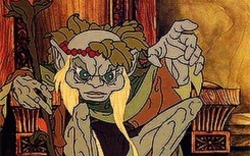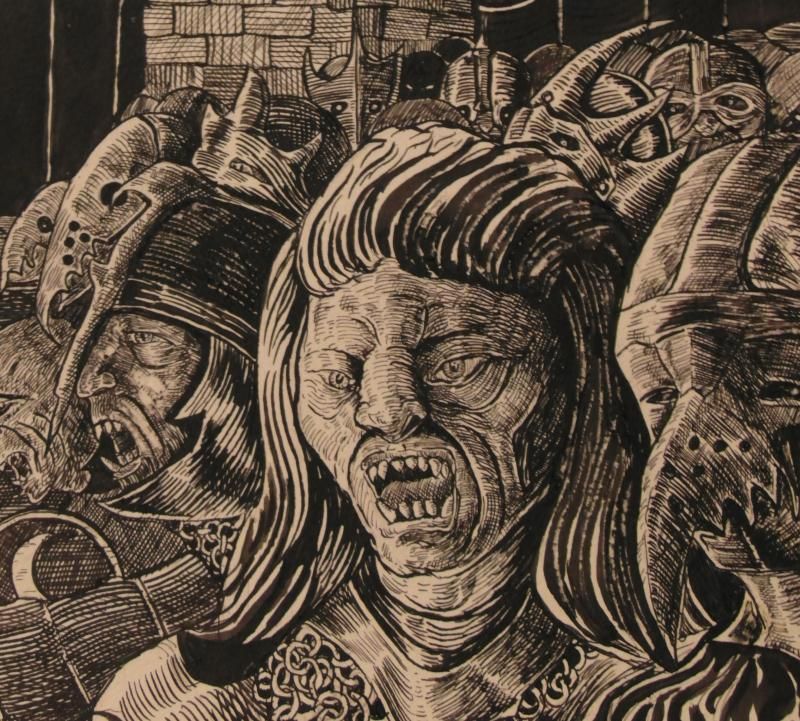Hirumith, the Grey Knight wrote:
The biological species concept clearly doesn't apply to dwarves, humans, or elves (and therefore, by extension, orcs) in Middle-Earth. They all have supernatural origins.
I don't have any hard evidence, but it does seem in general that Tolkien uses the terms "orc" and "goblin" almost interchangeably, whereas "uruk" (which technically just means "orc") is used to describe the larger soldier breed of orc, and "Uruk-hai" refers to Saruman's enhanced breed of uruks.
There also seems to be considerable variation in orcs' physical attributes, ranging from rather small, crook-legged, and hunched over to standing upright, with the same stature as a man. I think it's best to think of orcs and goblins as fairly fluid categories, describing a range of creatures under a similar umbrella.
If I recall correctly, "goblin" is also more frequently used in The Hobbit, whereas "orc" is the more common term in The Lord of the Rings.
We know for a fact that elves and men can breed due to hybrids the house of earendil for starts whereas there is no evidence ever of
Elf x dwarf or even Man x dwarf hybrids ever. Also you forget that elves (eldar) and men(edain) are of similar lineage being the children of illuvatar unlike the dwarves(nogrim) who are in fact created by Aule therefore of a different class.
As it stands my comment earlier still rings true magic or not as things change/adapt to their environment the same true for orcs that is the principle of speciation
 Top
Top Top
Top Top
Top Top
Top Top
Top Top
Top Top
Top Top
Top Top
Top Top
Top Top
Top Top
Top Top
Top Top
Top Top
Top Top
Top Top
Top Top
Top Top
Top Top
Top













 "Leave Sauron to me."
"Leave Sauron to me."